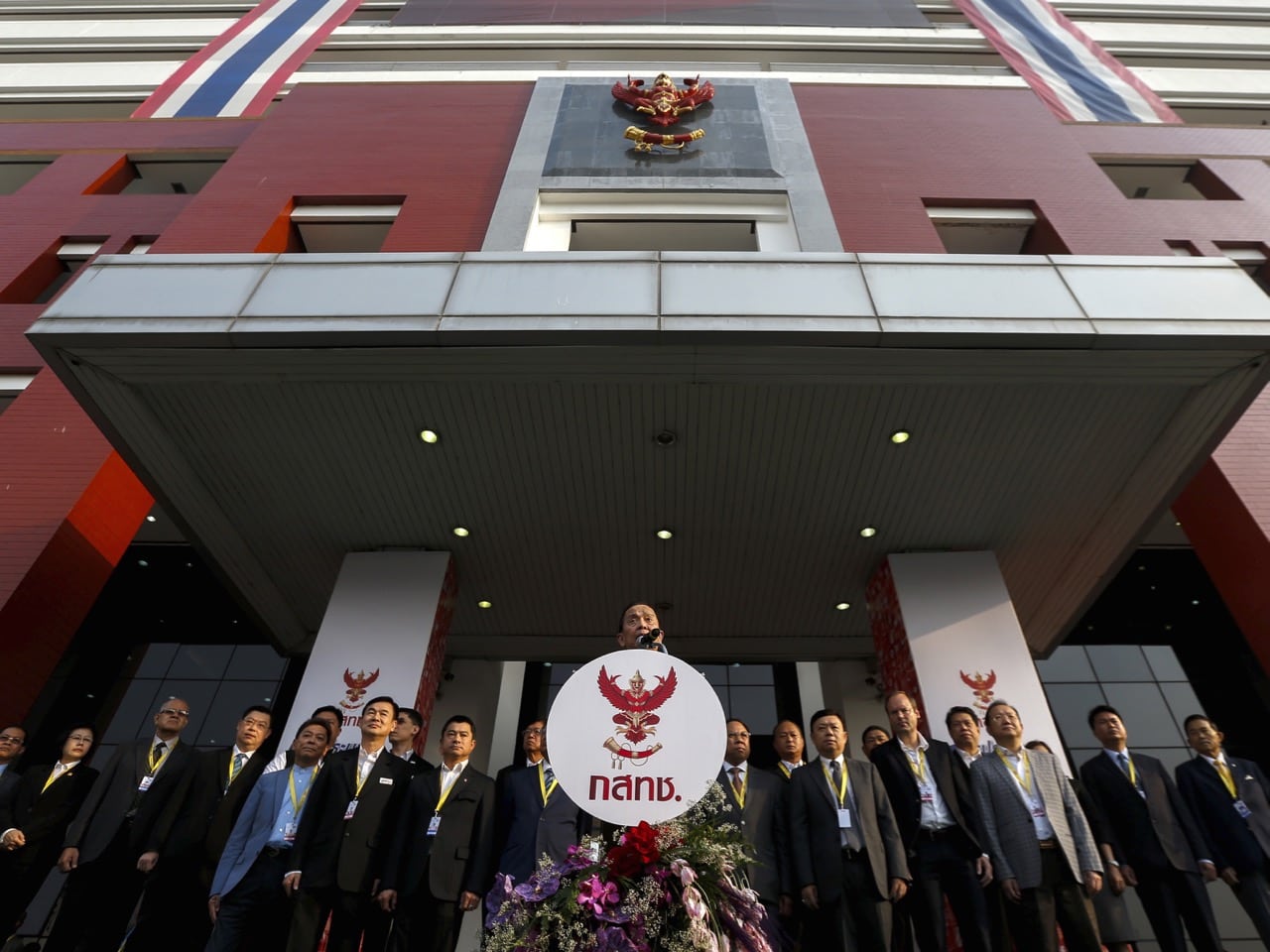Thailand's broadcasting regulatory authority suspended the "Daily Voice" programme because in one episode it presented news analysis which "led to disunity in Thai Society by not airing complete facts."
This statement was originally published on seapa.org on 9 February 2017.
Thailand’s National Broadcasting and Telecommunications Commission (NBTC) issued on 7 February 2017 a resolution suspending the Daily Dose program on the VOICE TV channel for seven days.
The broadcasting regulatory authority based the suspension on a 23 January episode titled Conflict because of Judicial [Not] Review that presented a news analysis which “led to disunity in Thai Society by not airing complete facts.”
The NBTC said that the content of the political commentary program violates the National Council for Peace and Order’s (NCPO) announcement nos. 97/2557 and 103/2557 issued in 2014, prohibiting the media from disseminating information detrimental to national security and criticizing the work of the NCPO and its officials.
“Of course, the view expressed in the Daily Dose wasn’t very well-rounded. [For] all intents and purposes, I would not design the program to be ‘well-rounded’ in the way that would give opinions that would cause people to think that the military coup is a great thing,” said Daily Dose host M.L. Nattakorn Devakula.
The order came in response to a complaint from the Royal Thai Army’s Media Monitoring Committee.
Previously, the Army’s committee had made complaints to suspend the VOICE TV channel and shut down the red-shirt affiliated UDD TV and Peace TV. NBTC also suspended a program of the Thai Public Broadcasting Service (TPBS).
The VOICE TV news director Prateep Kongsib went to the NBTC committee on Monday, 6 February before the commission issued the suspension order the following day.
According to Prateep, the committee said that the Daily Dose criticism of the role of the military and the judiciary as a part of the political crisis in Thailand from 2006 to 2014 should have also mentioned the role of politicians in the strife.
“The NBTC said that we did not present all sides of points of view. This is where we think differently because for us, we presented the view point based on democratic principles,” said Prateeb.
The news director said that being a TV station owned by a political actor – the Shinawatra family – might make the station a state target. But Prateep insisted that the commentary presented in the Daily Dose was valid criticism. “This is the second time that VOICE TV has been suspended; if this restriction happens frequently, it will have an effect on their viability as a business,” said Prateeb.
The Southeast Asian Press Alliance (SEAPA) decried the NBTC decision as “arbitrary.”
“The suspension order shows how the junta’s idea of ‘presenting all sides’ of an issue can be used to suppress press freedom in Thailand,” said SEAPA executive director Edgardo Legaspi.
Legaspi explained that the commentary contained in the Daily Dose episode is well within the rights and role of the media to comment on current affairs.
“Commentaries like news reporting play an important role in understanding what’s happening in society. Although both require balance and fairness, the intent of the former is to help the public form opinions based on facts,” he added.
Legaspi noted that this requirement of “presenting all sides” appears in all newly proposed state policy, including the problematic “Protection of Media Rights and Freedom, Ethics and Professional Standards” bill, which would create an official “professional media council” empowered to issue licenses to journalists and media outlets.
“Such conditions in laws further self-censorship in the media,” said Legaspi. He emphasized that such provisions could be used to target journalists critical of the government.
The NCPO has been in power in Thailand since the coup of May 2014 ousted the elected government under Prime Minister Yingluck Shinawatra. Since then, the junta has issued several regulations that led to media restrictions and shut down of media.



